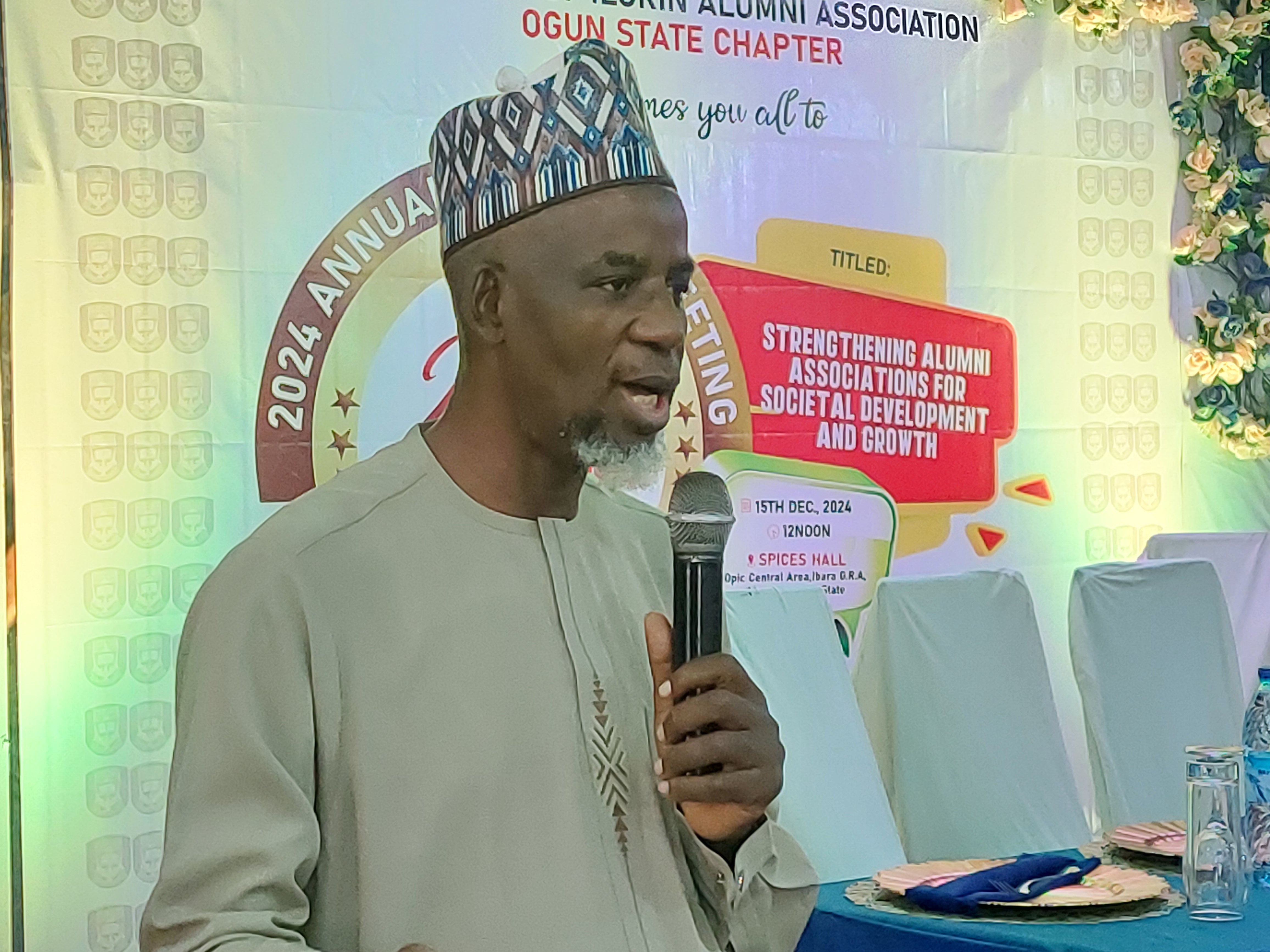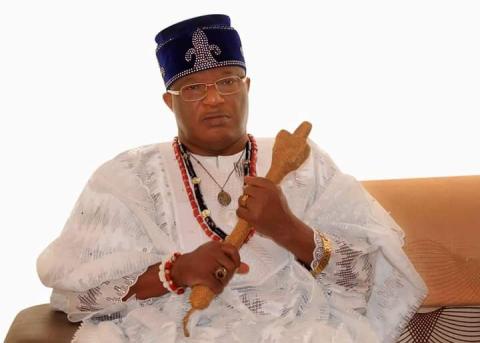
Breaking News: Unilorin Alumi Association: 'We were warned' - Opinion
Breaking News: Breaking: Court Restrains Oyo Assembly from Further Impeachment Process Against Makinde’s Deputy, Olaniyan
Breaking News: Labour leaders physically assault Ogun journalists for covering strike, harass hospital workers
Breaking News: Congratulations Asiwaju – Osinbajo’s spokesperson accepts defeat
Breaking News: Finalissima: Messi steals show, beats European Champion, Italy
The National Universities Commission (NUC) has presented operational licences to 11 newly approved private universities.
The Executive Secretary of the NUC, Prof. Abdullahi Ribadu during the presentation in Abuja on Wednesday, noted the growing importance of private universities as complementary partners to public institutions, particularly in catering to Nigeria’s youthful population.
Ribadu said since the liberalisation of university education in 1999, private universities had significantly expanded the nation’s academic landscape.
“From just 49 universities in 1999, 23 of which were private, Nigeria now boasts of 298 universities, with 159 (53.3%) being privately owned. The catalyst for this expansion is the increased participation of the private sector,” he said.
He explained that the licences valid for three years, during which institutions must meet strict quality benchmarks.
“The provisional status is subject to close monitoring by the NUC, with full licenses to be granted only after a thorough evaluation of each institution’s compliance with regulatory standards,” he said.
He noted that to ensure readiness for academic operations, a mandatory resource verification exercise would be conducted for all academic programmes.
Speaking, the Minister of Education, Dr Tunji Alausa, said this would expand access to quality tertiary education.
Alausa said the importance of this initiative as a cornerstone of the Nigerian Education Sector Renewal Initiative designed to restore the glory of Nigeria’s educational system.
“This ceremony is not only a celebration of your achievements, but also a renewed call to action in building a future-ready and globally competitive Nigerian university system,” he said.
He highlighted the urgency of steering Nigeria’s higher education toward priority fields such as STEMM (Science, Technology, Engineering, Mathematics, and Medical Sciences).
“Nigeria has more than enough social science graduates. What we need now are problem-solvers graduates with life skills who can drive industries, build infrastructure, and improve lives.
“We must acknowledge an uncomfortable truth: while we now have 159 licensed private universities, too many are failing to meet the quality standards Nigeria demands,” he said.
Alausa added that licensing must not be symbolic but impactful.
To address this, he said NUC is undertaking a comprehensive review of quality assurance mechanisms aimed at ensuring that all licensed institutions, whether public or private, serve as genuine centres of learning, innovation, and research.
He also encouraged private universities to collaborate with each other and form international affiliations, noting Nigeria’s potential as a hub for global education partnerships.
He added: “Private universities must rise to the challenge of delivering high-quality, relevant education that meets the demands of a modern economy.”
“With support from regulatory bodies and a renewed commitment to excellence, the newly approved institutions are expected to play a transformative role in shaping the nation’s next generation of leaders and innovators.”
In his remarks, Tony Iredia, Proprietor, Tonnie Iredia University of Communication, Benin, pleaded with the federal government to ensure moratorium period is not long.
Newsletter







We are not gonna make spamming
Copyright By @ HorizonTimes - 2026
BACK TO TOP